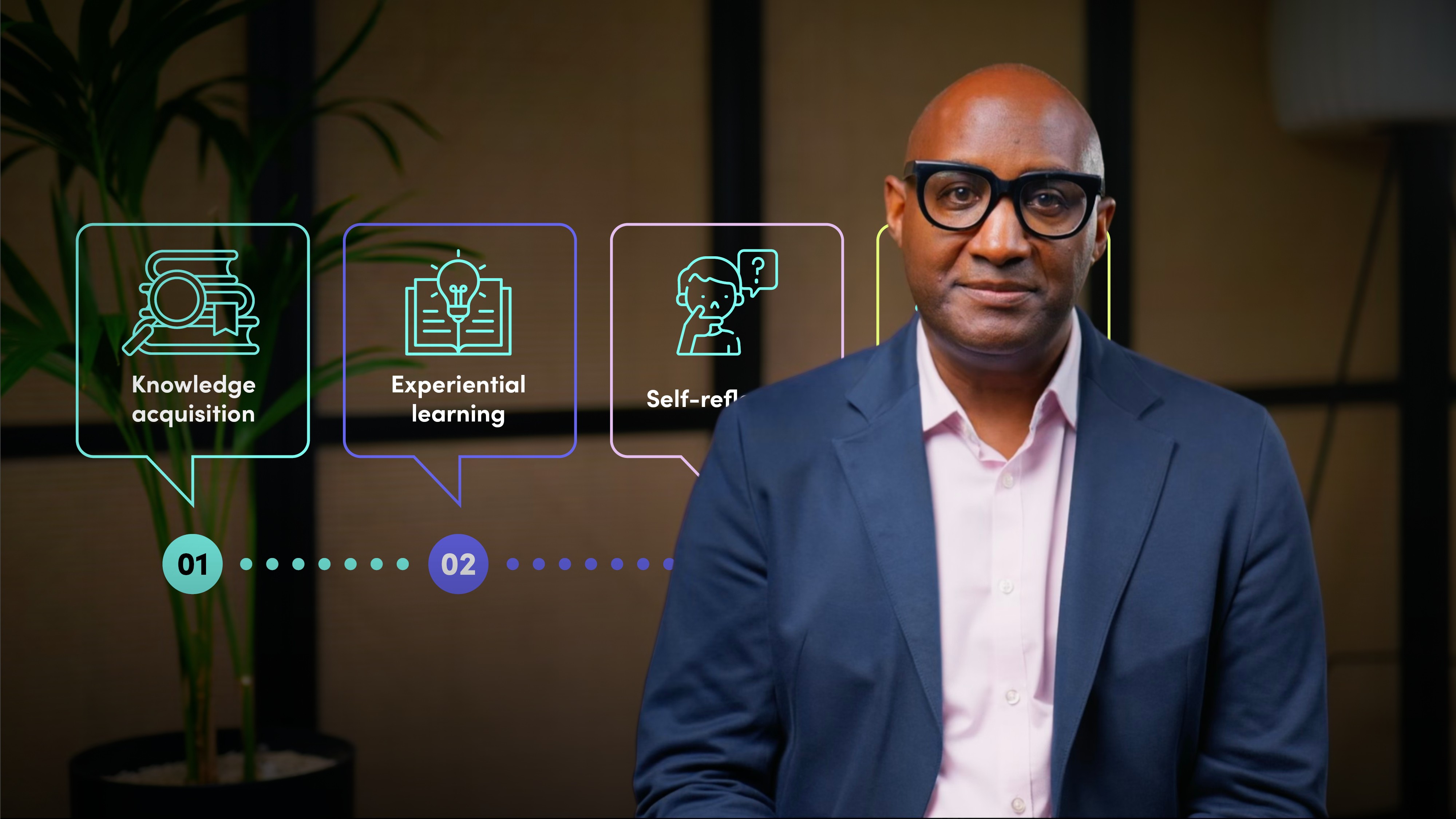
Cultural Intelligence for Executive Leaders

Gifford Rhamie
Co-founder: Race Excellence
In this video, Gifford explores Cultural Intelligence (CQ) and its crucial role in Diversity, Equity, Inclusion, and Belonging (DEIB). He breaks down the four components of CQ: Drive, Knowledge, Strategy, and Action, and shows how they help leaders navigate diverse environments. He also covers a framework for implementing sustainable change and integrating CQ into organisational practices.
In this video, Gifford explores Cultural Intelligence (CQ) and its crucial role in Diversity, Equity, Inclusion, and Belonging (DEIB). He breaks down the four components of CQ: Drive, Knowledge, Strategy, and Action, and shows how they help leaders navigate diverse environments. He also covers a framework for implementing sustainable change and integrating CQ into organisational practices.
Subscribe to watch
Access this and all of the content on our platform by signing up for a 7-day free trial.

Cultural Intelligence for Executive Leaders
17 mins 18 secs
Key learning objectives:
Understand the concept of Cultural Intelligence (CQ) and its connection to Diversity, Equity, Inclusion, and Belonging (DEIB)
Outline the four key components of Cultural Intelligence: Drive, Knowledge, Strategy, and Action
Identify how leaders can attain Cultural Intelligence and the consequences of lacking it in multicultural environments
Understand the importance of psychological safety in relation to Cultural Intelligence and DEIB
Overview:
Subscribe to watch
Access this and all of the content on our platform by signing up for a 7-day free trial.
- CQ Drive
- CQ Knowledge
- CQ Strategy
- CQ Action
How can leaders attain Cultural Intelligence?
- Acquire knowledge: Learn about the cultural norms of the people they lead
- Gain experience: Spend time in different cultural settings to build trust and understanding
- Reflect: Examine their own cultural biases and adjust their approach
- Seek coaching: Work with a CQ coach to develop cultural awareness and strategies for improvement
- Take risks
- Admit mistakes
- Share new ideas
- Encouraging open communication
- Modelling vulnerability
- Respecting differences
- Addressing microaggressions
Subscribe to watch
Access this and all of the content on our platform by signing up for a 7-day free trial.

Gifford Rhamie
There are no available Videos from "Gifford Rhamie"





























